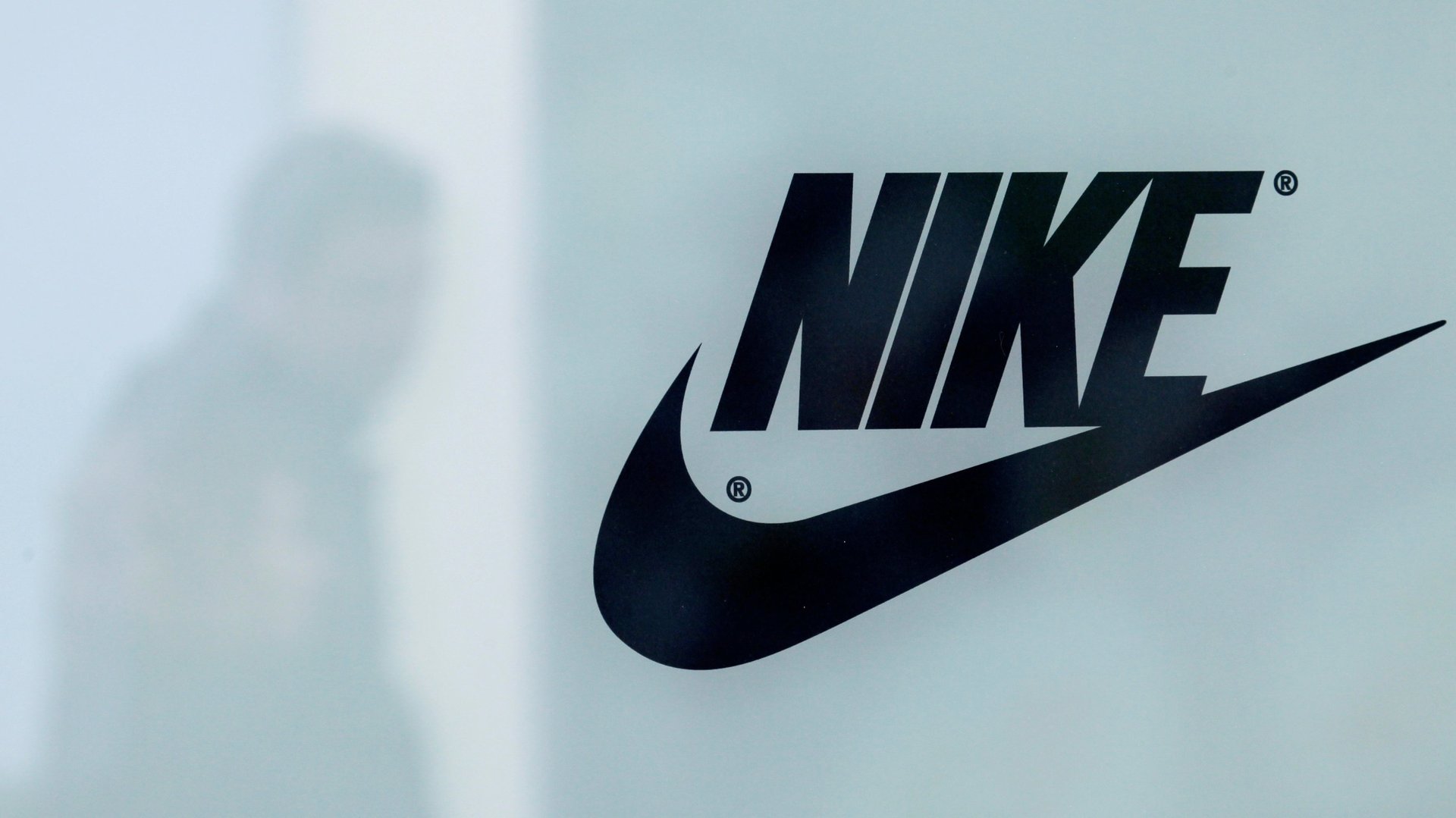America’s retailers are warning that a Republican tax plan could make goods 20% more expensive
The US Republican party has a major tax overhaul in the works that seeks to totally restructure the way the government taxes corporations. Rather than tax profits, it would effectively tax domestic consumption instead, under a concept called “border adjustment.”


The US Republican party has a major tax overhaul in the works that seeks to totally restructure the way the government taxes corporations. Rather than tax profits, it would effectively tax domestic consumption instead, under a concept called “border adjustment.”
The plan, in order to make its other tax breaks feasible, would include a new 20% assessment on imports. (These are entirely distinct from the tariffs US president Donald Trump has floated to change trade flows between the US and countries such as Mexico. Quartz’s Tim Fernholz offers a detailed explanation of the GOP plan here.)
But major retailers including Nike, Walmart, Levi’s, Target, and LVMH—the parent company of Louis Vuitton—want US consumers to know they think the plan is a terrible idea, and one that could multiply the price of their goods for US consumers. Along with prominent trade groups, they and other companies have formed a broad coalition called Americans for Affordable Products, which warns the tax “will increase the cost of clothing, food, medicine, gas, and other essential items that Americans rely on.”
The group’s motives aren’t purely altruistic. The US imports a huge share of the goods Americans buy—about 98% of the footwear in the US comes from overseas, for instance—and even companies that manufacture in the US often get raw materials from abroad. A border adjustment tax would make both more expensive, potentially hurting retailers’ profits if they raise prices and consumers cut back.
The tax plan’s backers believe these costs would be offset for the companies by a rise in the value of the dollar relative to other currencies, but there’s no guarantee this would happen.
As their own costs rise, retailers say they would have to bump up the prices of their products. George Feldenkreis, CEO of Perry Ellis International, told the AP that his company’s clothes would become 20% to 25% more expensive. Perry Ellis shirts range from about $15 to $50. On something like a car, even a smaller percentage could translate to a big increase in the price tag. (Several automotive trade associations are also part of the group.)
Analysts have accordingly been keeping an eye on the tax plan’s progress. In January, Goldman Sachs published a research note saying the plan could be a big headwind for net importers, and identified Nike, Restoration Hardware, Dollar Tree, and VF Corp., parent company of Vans and The North Face, as the brands likely to take the hardest hit on Wall Street in the event the plan passes.
JPMorgan forecasters said European luxury goods companies could see their US income cut by 30%, which explains why LVMH has been concerned enough to join forces with companies such as Walmart to oppose the GOP plan.
The plan’s fate is far from certain, though. Trump has called it “too complicated,” and Goldman’s analysts gave it just a 30% probability of being enacted, in part because of how difficult it would be to transition to the new system.
US retailers, however, aren’t up for taking any chances.